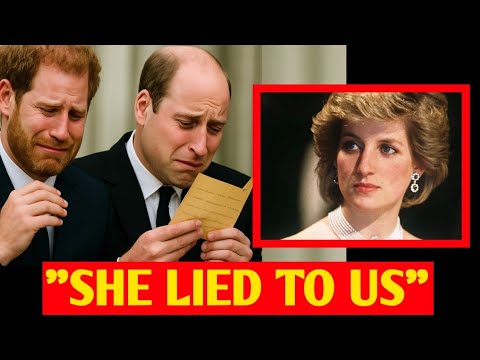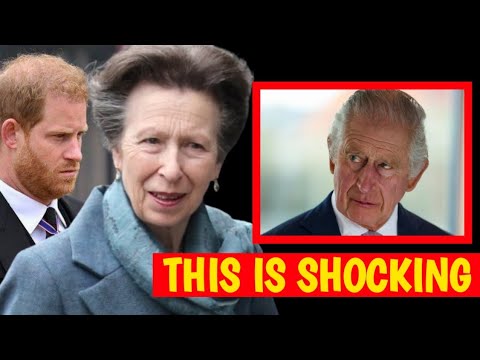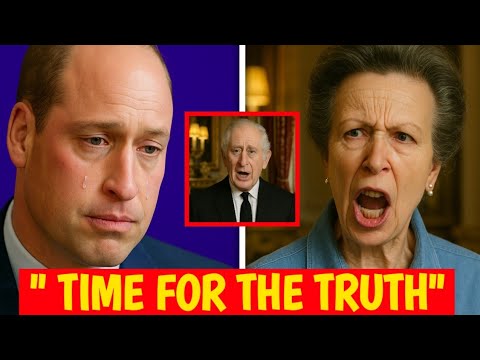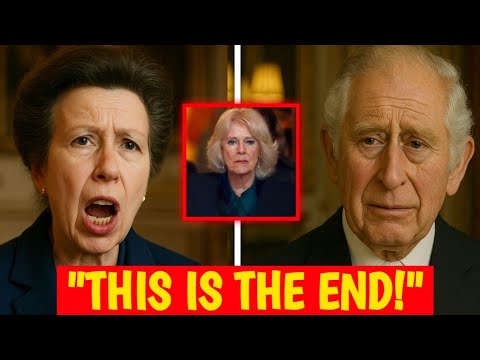
The world of British royalty has always been a captivating stage filled with unexpected twists and dramatic turns, yet even seasoned observers were caught off guard by the latest development that shook the palace to its core. A new royal title has been bestowed upon Prince George, an event that not only highlights his growing importance within the monarchy but also ignites tensions between the future heir and a woman who once sought to establish her own influential place within the royal family. Rumors have emerged suggesting that Meghan Markle responded with intense jealousy upon learning of this announcement, sparking widespread curiosity about why this title holds such significance and what it means for the internal power dynamics of the royal household.
Before diving deeper, it’s worth reminding viewers to support the channel by liking, subscribing, and activating notifications to stay updated on this unfolding story. This isn’t merely a routine update in royal affairs; it represents a major turning point. With the monarchy evolving under King Charles’s reign, the granting of this title to Prince George symbolizes much more than adherence to tradition — it serves as a clear signal about the direction the House of Windsor intends to take in the coming years.
For Meghan Markle, who once harbored ambitions of carving out royal prestige, the reality of being sidelined once again seems to have struck a particularly sensitive chord. Those with close ties to the palace have revealed that Meghan’s reaction was far from discreet, with some insiders claiming that behind the closed doors of her residence, emotions ran high, marked by visible anger, frustration, and perhaps an unsettling realization that her hopes for royal recognition are fading fast.
But what exactly about this specific title has triggered such a strong emotional reaction from Meghan? And why has this announcement become so momentous within royal circles? As we peel back the layers, we will delve into the rich history of royal titles, unpack the political maneuvering behind them, and explore the enduring tensions that continue to create divisions between the Sussexes and the core royal family. With echoes of old rivalries still resonating, this recent event may very well serve as the catalyst that further distances Meghan and Harry from their royal origins.
Stay with us as we carefully examine every aspect of this breaking news — from the official statement to the behind-the-scenes drama — so you can fully grasp why this moment transcends a simple royal formality and instead marks a significant chapter in the ongoing saga of Britain’s monarchy. To truly appreciate the controversy surrounding this royal title, it’s essential to step back and understand the broader historical context of titles within the House of Windsor. Unlike mere ceremonial labels, royal titles embody much deeper meanings—they are powerful symbols of rank, responsibility, and authority.
They determine who holds influence within the family, who enjoys exclusive royal privileges, and who is positioned to shape the future of the monarchy itself. For Meghan Markle, the subject of royal titles has been fraught with tension from the start. Upon marrying Prince Harry, there were widespread expectations — both from Meghan herself and from the public — that she would assume a prominent and meaningful role in the royal hierarchy. However, the reality unfolded differently.
The strict limitations imposed by royal life, coupled with escalating conflicts behind palace walls, ultimately led Meghan and Harry to step back from their official duties. This departure not only meant a loss of status but also a symbolic stripping away of their royal standing, making it clear that their influence within the monarchy was waning. Now, with Prince George receiving a prestigious new title, the event acts as a poignant reminder of what might have been for Meghan. Having spoken openly about feeling marginalized within the royal institution, this development likely feels like yet another moment of exclusion.
The message is unmistakable: the monarchy is moving forward without Meghan and Harry, focusing instead on strengthening its ties to Prince George, the direct heir to the throne. This reinforces the harsh reality that Meghan and Harry have become outsiders looking in on the royal family. Beneath the surface of this story lies a more profound question. Is Meghan’s frustration truly about the title itself, or is it about the symbolic meaning behind it? In the royal family, titles represent legacy.
For someone like Meghan, who has consistently worked to create her own story within the royal context, witnessing Prince George’s ascent while her own children remain removed from the heart of the institution must be difficult to accept. Moreover, the implications of this title extend beyond personal grievances. It signals the monarchy’s firm commitment to preserving its traditional hierarchy, leaving little room for those who have consciously distanced themselves from royal responsibilities. Although Meghan and Harry’s decision to pursue an independent path appeared liberating at the outset, this recent event demonstrates the costs involved: a lasting estrangement from the power and prestige that remain firmly rooted within the Windsor lineage.
This narrative isn’t just about the conferment of a title; it reveals the ongoing struggle playing out within the British royal family. In the sections ahead, we will dissect the specifics of Prince George’s new title, exploring its historical significance, the manner in which the announcement was delivered, and the immediate reactions from royal observers. We will also delve into Meghan Markle’s reported emotional response and why sources suggest she was deeply unsettled by the news. Additionally, we’ll examine the role the British media has played in shaping the public’s perception of this story, as well as how this development further isolates Meghan and Harry from the royal fold, potentially influencing their future relationship with the monarchy.
Insights from royal experts will provide further perspective on whether this title is part of a broader strategy by King Charles to reinforce the monarchy’s power structure. As the institution adapts to a new era, moves like these are clearly calculated to ensure the stability of the royal family. By the time we reach the conclusion, one thing will be certain: this isn’t merely about granting Prince George a title. It reflects the evolving nature of the monarchy, the legacy of Queen Elizabeth’s vision, and the growing divide between the traditional royal establishment and those with modern ambitions who once sought to reshape it.
So keep following this story because what we are about to reveal will offer a comprehensive understanding of the latest royal drama that has once again polarized opinions across the globe. What started as a typical day in royal affairs — calm, orderly, and steeped in centuries-old tradition — quickly transformed as the news broke that Prince George had been awarded a new, highly prestigious title. Buckingham Palace officially communicated the announcement through its press office in a carefully choreographed release that set the tone for the dramatic unfolding of events.





